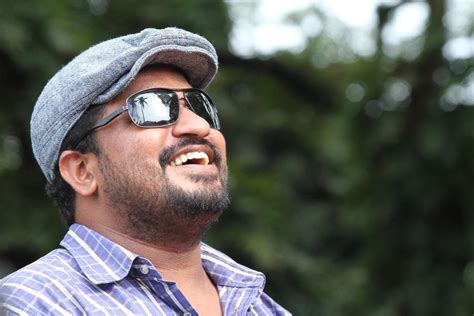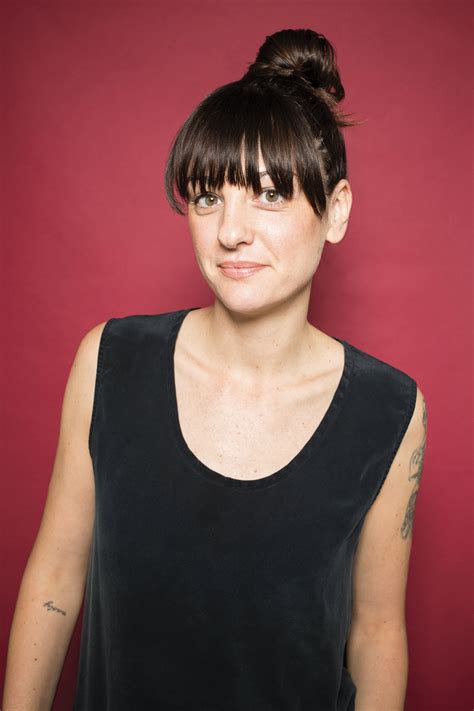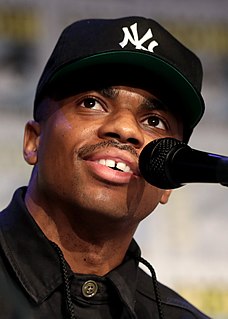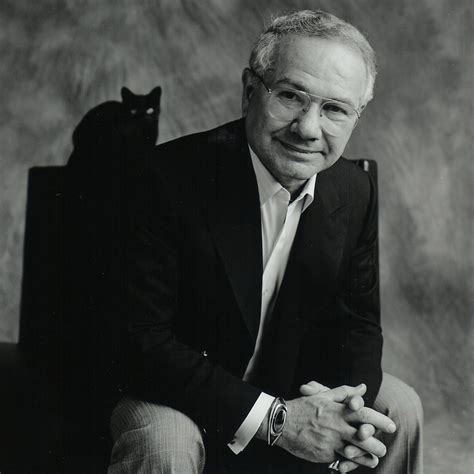A Quote by Liz Garbus
Each project draws you in on its own merits as opposed to an intellectual choice of, "Well, I'm going to shift from vérité filmmaking to more archival."
Related Quotes
Not only are we going to shift in our own lives - away from always trying to identify ourselves on the basis of what we have, what we do, and who we are better than, and so on - but shift into more reaching out, more service, more kindness, more living the virtues that Lao Tzu spoke about twenty-five hundred years ago.
Narrative, fiction filmmaking is the culmination of several art forms: theater, art history, architecture. Whereas doc filmmaking is more pure cinema, like cinema verité is film in its purest form. You're taking random images and creating meaning out of random images, telling a story, getting meaning, capturing something that's real, that's really happening, and render this celluloid sculpture of this real thing. That's what really separates the power of doc filmmaking from fiction.
Every project is different. Adapting 'Robopocalypse' would be totally different than adapting, say, 'Hunger Games.' Each project has its own life and its own identity. You get into trouble when you think there's one single way to approach everything. Each project, there's a different way to attack it.
It's really hard to maintain a band as a democracy. Again, I think there's been a shift. There's a lot of emphasis put on style and a singular personality, as opposed to a more anonymous group of people playing music. It's more about can I dress this person up? Are they going to look pretty? I feel like the cult of personality is back, for sure.
I feel more at home in London than in Los Angeles, definitely. If I could have my choice, I certainly would live in London as opposed to LA. I just prefer it here. But I love the work and in LA there's just so much more of it, and as an actor you kind of have to go where the work is. Luckily, I've been able to get the work out there. If work brings me back here, and a project is here and I can do it, I'll jump at the chance.
































